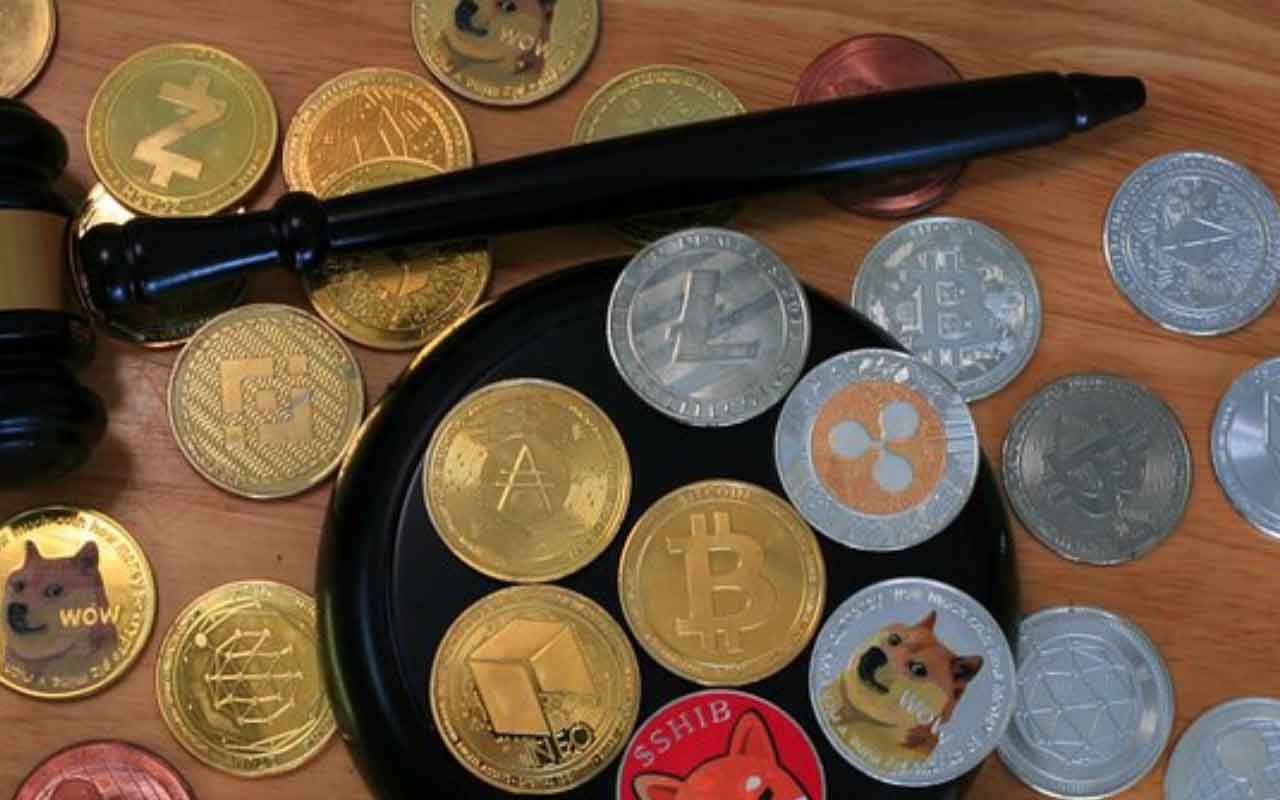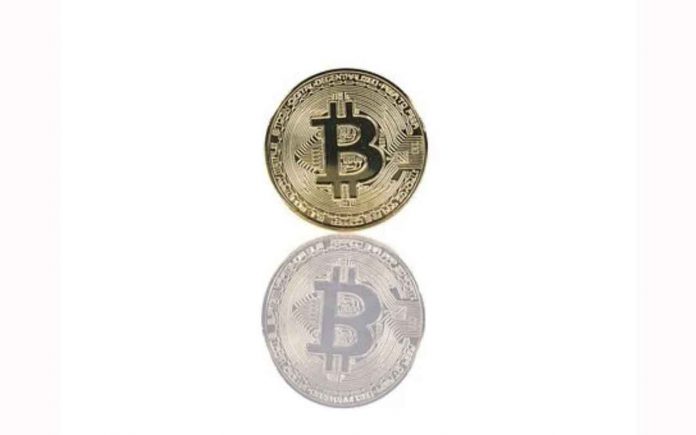If 12 years ago, a guy had to insist on buying two Papa John’s pizzas for 10,000 BTC, the situation is much different nowadays. Bitcoins are widely accepted now, and thousands of other fish are also in the sea. Those willing to trade with cryptos have about 19,000 options.
Cryptos aren’t only perceived as an investment and a convenient and common payment method. What does it change for businesses that start operating with cryptos, though? With so many options around, which cryptos to choose? Here’s what business owners should know before taking this step. You’ll also learn about the most popular crypto assets of the moment, like Bitcoin Cash, XRP,FTX token, and more.
The Most Common Options
Small business owners willing to incorporate this payment option into their online platforms can count on several plugins for the task. There are plugins for sending and receiving payments and donations. Still, despite the sheer number of cryptos available in the market, most investors and users think about the ones below while paying for products and services online.
Bitcoin
Bitcoin remains the most popular crypto asset so far. The fact that it’s always in the news riding a financial rollercoaster might help with its popularity. Still, it’s the first name that crosses anyone’s mind while trading with cryptos. It’s accepted by many businesses, from coffee shops to car manufacturers.
Bitcoin Cash
Bitcoin Cash was created in 2017 and shared the identical blockchain with Bitcoin. Bitcoin Cash typically offers faster and cheaper transactions than its older brother due to an adjustment on the blockchain. Most Bitcoin Cash transactions cost less than a penny. Most businesses that accept Bitcoin also accept Bitcoin Cash. 1 BCH costs about USD 135.
Ethereum
Ethereum is the second-largest crypto asset out there. It’s a standard option for Bitcoins since it’s much cheaper: 1 ETH costs about USD 1,800, while 1 BTC sits about USD 23,000. It has its own blockchain and is one of the most used cryptos to trade NFTs. This crypto also became famous for its smart contracts and supporting several decentralised apps.
XRP
Formerly known as Ripple, XRP is a much more affordable option than the names above. It costs less than a dollar and is an excellent option for cross-border transactions. It can also be traded in several fiat currencies. Ripple was created in 2012, and although it has changed its name, it hasn’t lost its popularity, acceptance, and trustworthiness.
FTX Tokens
An FTX token is more commonly used to invest in the stock market. Unlike most of its peers, FTX Tokens is a centralised currency, which FTX controls, a crypto exchange based in the Bahamas. It’s also one of the crypto assets with the best performance last year when its value rose considerably. 1 FTT-USD costs approximately USD 30.
Remarkable Changes
Accepting cryptocurrencies as a payment method is a significant and bold step toward increasing your market potential. Learn about the impacts of such change and how to deal with them.
Lower Fees
Crypto transactions involve much lower fees than credit cards and other traditional methods. Such a difference can be even more noticeable for small businesses, which have to pay between 2% and 4% per transaction total and a single fee of about 25 cents just for swiping the card. Meanwhile, crypto transactions charge less than 1% per transaction.
Fast (But Irreversible) Transactions
Here’s a double-edged feature that should concern businesses and customers alike. Crypto transactions are mostly instant but also irreversible. It means that a transaction can only be undone by the party receiving the funds. So, it’s up to the businesses using this system to track exactly how much each customer has spent. It’s the only way to do fair and hassle-free refunds.
More Customers and More Sales
There are about 1 billion crypto users worldwide, and accepting this method opens any business to a vast potential clientele. International transactions are also much cheaper and faster with cryptos. Unlike fiat currency, cross-border operations don’t imply currency conversion, which is another vital advantage of this method.
More Protection for Everyone
Customers will also be happy to add an extra layer of protection to their transactions and remain anonymous while shopping. Transactions with cryptocurrencies are also more protected against fraud and protect businesses against chargebacks. Credit card operations can be cancelled unfairly after the customer already has the goods. Crypto transactions are immune to this kind of scam.
Mind the Risks
Cryptos are everywhere now, and people are beginning to lose their scepticism about them. It’s a very positive change. More companies and investors join the crypto wagon every day, diluting the fears that cryptocurrencies can simply vanish into thin air. Still, it doesn’t mean that this kind of asset has lost any of its volatility: Bitcoin alone has shown volatility of about 8% in just three months.

Cash Out
Despite the volatile nature of cryptos, more companies are trading this kind of asset. Microsoft, PayPal, Home Depot, Starbucks, and even Whole Foods take cryptos as payment methods. Accepting cryptos can make a product or service reach beyond its borders and captivate about a billion potential buyers. Dealing with these crypto payments also means looking for solutions for storage and tracking all transactions.

